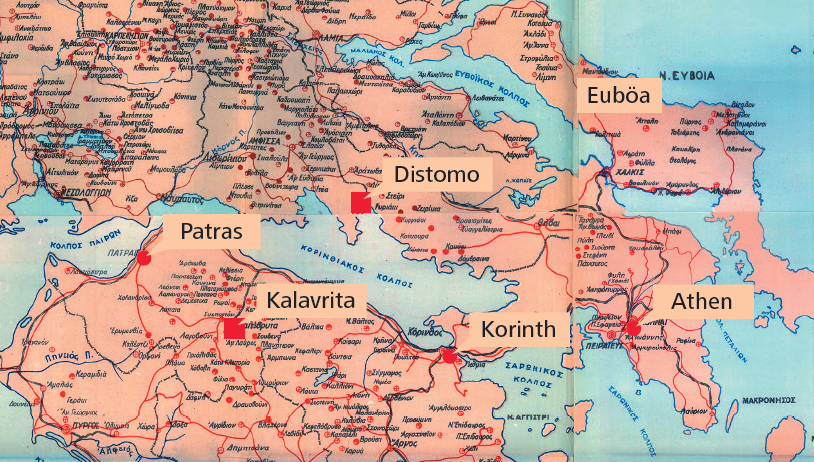FCH editors statement
We are pleased to be able to publish in our paper the joint ecumenical letter by women and men from different churches in Greece, among them prominent professors, a faculty dean, a poet, a scholar of Islam, a priest and members of the World Council of Churches. It is aimed at the Evangelischer Kirchentag which took place in Stuttgart from 3rd to 6th of June with more than a hundred thousand visitors. May this letter open doors and spark new discussions.
„The law shall stream like water and justice like an inexhaustible stream.“ (Prophet Amos 5, 24)
– written by theologians from Thessaloniki/Greece
Thessaloniki May 2015. We aim this letter at everyone taking part in the Evangelischer Kirchentag 2015 and all those concerned about the economic crisis and its devastating effects on huge parts of the population in Greece. We seek a dialogue to counter both the propaganda and the insults directed against the people in our country and the newly elected government, and to promote forms of coverage about Greece and policies orientated towards justice and the common good.
“Den andechoume allo! ….We cannot cope anymore!” …. On 25th of January 2015 a majority of the Greek population voted out of great despair for a determined NO! Against the policies of the governing parties and the measures imposed on Greece by the IMF, the banks and the organs of the EU. The now governing coalition currently still enjoys unusually high levels of support amongst the population.
“Can you really trust this new, inexperienced and left wing government?” is a question we are being asked time and again. “What happened in Greece that led to this humanitarian crisis?” To these questions we wish to provide a few pointers. Weiterlesen →
 Map title: “cities and villages (in Greece) destroyed during the 1940-45 war – 1st edition Athens 1945.”
Map title: “cities and villages (in Greece) destroyed during the 1940-45 war – 1st edition Athens 1945.”
